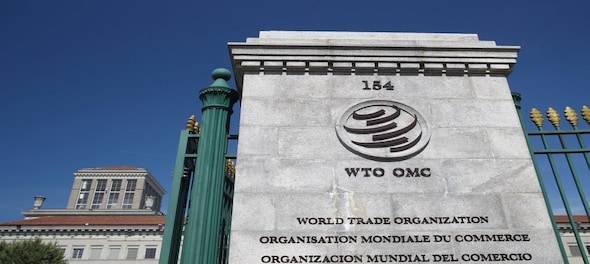
The Remission of Duties or Taxes on Export Products (RoDTEP) scheme is India's response to a complaint instituted by the United States against India before the World Trade Organization (WTO). The US had challenged various export promotion schemes included in the Foreign Trade Policy of India. It was alleged that India failed to comply with the Agreement on Subsidies and Countervailing Measures (Agreement) which aimed at the abolition of subsidies provided by governments to its exporters to make them globally competitive.
The dispute resolution panel of WTO held that India, being a signatory to the Agreement, must discontinue MEIS, EOU/EHTP and EPCG schemes and withdraw SEZ benefits. India, having preferred an appeal, is not obligated to immediately implement the judgment of the panel but has proactively taken steps in the undisputed WTO compliant direction.
Moving towards the remission model from the apparent subsidy looking model, the scheme takes care of long-standing demands from exporters to expedite disbursement of tax refunds and reduce uncertainty over major promotional schemes. With diminishing global market demands, exporters have been facing a severe liquidity crunch. The trauma is enhanced due to denial of exemptions under Advance Authorisation licenses on account of pre-import restrictions and restrictions under Rule 96(10) of the CGST Rules. Due to fake invoice cases, many exporters have been classified under the "risky" category, thereby adversely impacting the GST and drawback claims of exporters. The disposal of various writ petitions on these issues will provide certainty to both revenue authorities and exporters.
While discontinuation of MEIS and lack of clarity on the RoDTEP scheme has created an air of uncertainty, pragmatic transition provisions will ensure that exporters are not unfairly prejudiced by the sudden transition from MEIS to the RoDTEP scheme, especially in respect of valid MEIS licenses. The scheme is expected to cover only those taxes/levies which are presently not refunded.
As a corollary, central, state and local levies such as VAT on fuel used in transportation, mandi tax and electricity duty incurred during manufacturing and distribution of exported products will be refunded under the RoDTEP scheme. The cascading effect of taxes gets mitigated but are limited to certain levies. This condition was not there under the erstwhile MEIS and accordingly, the exact benefits may have to be compared before fixing the competitive export bidding prices. Further, the exporters may have to claim benefits under multiple schemes as the GST benefit may not be covered under the RoDTEP scheme. It is also to be seen whether IGST exemption, to the extent it is restricted from the rebate, will qualify for exemption under the RoDTEP scheme.
Interestingly, it appears that SEIS would continue. Including services under the RoDTEP scheme is not feasible as the cost of providing services and the value of services may differ considerably depending upon different factors. Further, the incidence of indirect taxes sought to be covered under the RoDTEP scheme may be insignificant in the export of services. Rebate under the RoDTEP scheme can be claimed as a percentage of the FOB value of exports and this fixation could be subject to judicial review. The press release specifies that percentages/rates for rebate will be notified separately. Immediate announcement of remission rates, to be effective from 1.1.2021, is critical for exporters who need to finalise new export contracts.
RoDTEP scheme is undoubtedly a proactive and progressive step taken by the government. It is hoped that the scheme will keep in mind the existing exemptions and practical difficulties or challenges faced by exporters. Addressing concerns at the embryonic stage will not only provide better transparency with enhanced foreign exchange earnings but also reduce litigations across courts on constitutionality and other aspects.
—Abhishek A Rastogi, Partner at Khaitan & Co, with Pratyush Saha, Principal Associate. The views expressed are personal
(Edited by : Ajay Vaishnav)
First Published: Jan 5, 2021 6:53 PM IST
Check out our in-depth Market Coverage, Business News & get real-time Stock Market Updates on CNBC-TV18. Also, Watch our channels CNBC-TV18, CNBC Awaaz and CNBC Bajar Live on-the-go!


BJP is planning to ban RSS, says Shiv Sena (UBT) chief Uddhav Thackeray
May 18, 2024 8:01 PM
Punjab Lok Sabha elections: Complete list of Congress candidates
May 18, 2024 4:08 PM
Punjab Lok Sabha elections: Check full list of AAP candidates and constituencies
May 18, 2024 12:59 PM
PM Modi, Rahul Gandhi election rallies in Delhi today: Here are the routes to avoid
May 18, 2024 11:28 AM

